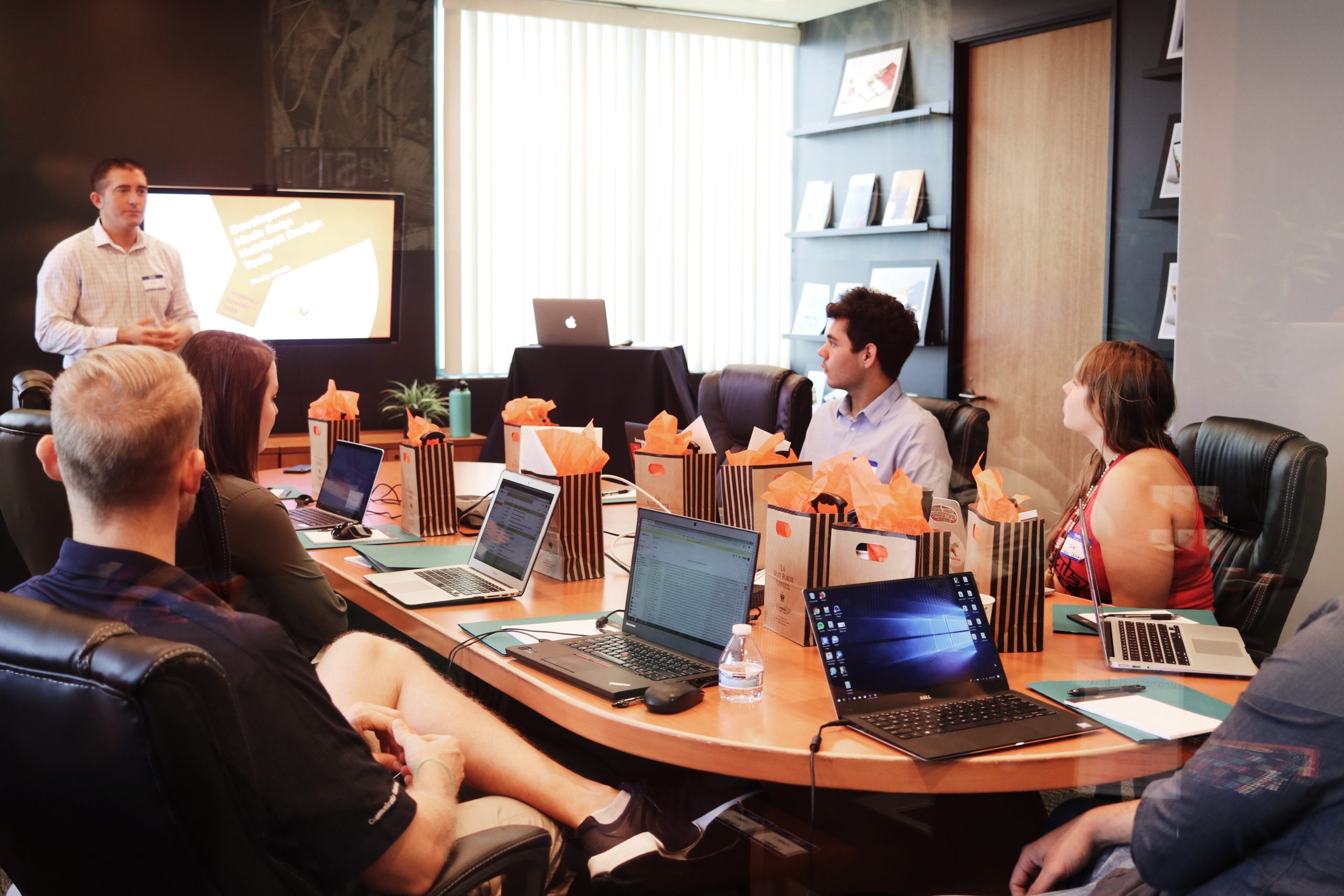The power of employee resilience
Employee resilience is widely acknowledged to improve productivity, job satisfaction, company loyalty, and employee engagement. It helps to combat personal burnout while enabling the individual and the company to embrace change when it happens. Reducing the stress produced by difficult situations. But it can be hard to know how to build resilience in your team.
What is resilience in the workplace?
Resilience can be viewed as an individual’s ability to easily adjust to change, recover from setbacks, and thrive on challenges. In the workplace, this might mean the ability to handle difficult situations without undue stress, or to respond to criticism without taking it too much to heart.
Linked to mental wellbeing, building employee resilience can dramatically impact both an individual’s relationship with the business they work for – including their personal job satisfaction and longevity as an employee – and their productivity. Taking steps to create a business with a healthy culture and a happy, resilient workforce can reap dividends in the long term.
Why does employee resilience really matter?
Employee resilience is beneficial for both the individual and the business.
For the individual, it enhances relationships, confidence, communication skills, the ability to withstand difficult situations, and reduce stress. And with 33% of employees reporting moderate-to-high or high levels of stress in 2022, this has to be an important consideration.
Not surprisingly then, one of the major benefits of employee resilience for businesses is the reduction of absenteeism. In 2021/2022, stress, depression or anxiety, alongside musculoskeletal disorders, accounted for the majority of days lost due to work-related ill health.
But aside from practicalities, resilience also helps to improve team dynamics and performance, and increase efficiency.
How to help build resilience within your team
There is no quick fix for a team lacking resilience. But there are a number of strategies businesses can deploy to help build resilience within their workforce.
DEIAB
Diversity, Equity, Inclusion, Accessibility, and Belonging (DEIAB) is a hot topic right now. But while swathes of businesses are being accused of DE&I washing, there are others realising the full benefit of having a diverse, integrated team, where the emphasis is on inclusion and belonging. Businesses that succeed in creating a culture built around DEIAB, not only have a diverse and supportive working environment built around each individual’s strengths, but can create a competitive advantage too. By being better able to understand and respond to their customer’s needs.
Understand the importance of mindset
Resilience isn’t just about having the right people. It’s about helping those people to acquire the right mindset. One that removes defeatism. Whether that means encouraging autonomy and innovation, or providing the time and space necessary for critical thinking or mindfulness. Fostering a collective resilient mindset within your business can help your company and your employees thrive.
Work on employee engagement
People tend to be less resilient when they lack a connection to the business they work for. If they are not engaged in their work or feel that they don’t matter within the company, it can be hard to bounce back after setbacks. Investing in your people, empowering them to take control of their own work and time, and showing them that they are valued by giving them a voice, can help create the necessary mindset to deal with challenges.
Consider resilience training
Working from the inside, it can be difficult to understand what your employees need. Professional resilience training can help you to identify where, and why individual team members are struggling. And provide them with the resources they need to cope with a range of work-related challenges – dealing with stress, overcoming emotions, handling difficult people, building confidence, and improving communication.
Resilience can be a difficult topic to understand and instil. Partly because people are often still afraid to show weakness and to ask for help. We’re back to mindset……fearing that if they admit to struggling, they’re going to be judged and considered less able. Initiating a resilience programme that is mindset based is often enough to combat that mentality, by showing employees that it’s OK to need help. And once you’ve begun that journey towards a collective mindset change, you empower your whole team to take control of their own mental well-being at work.









